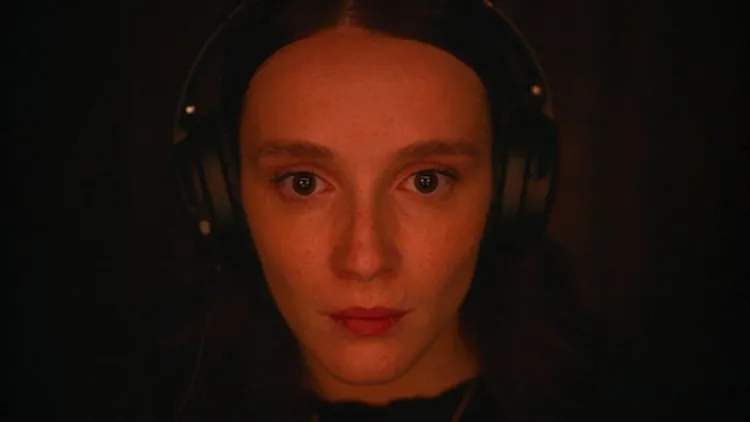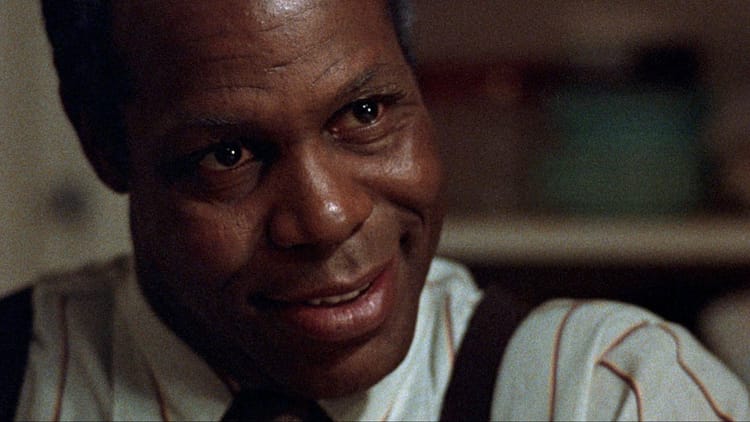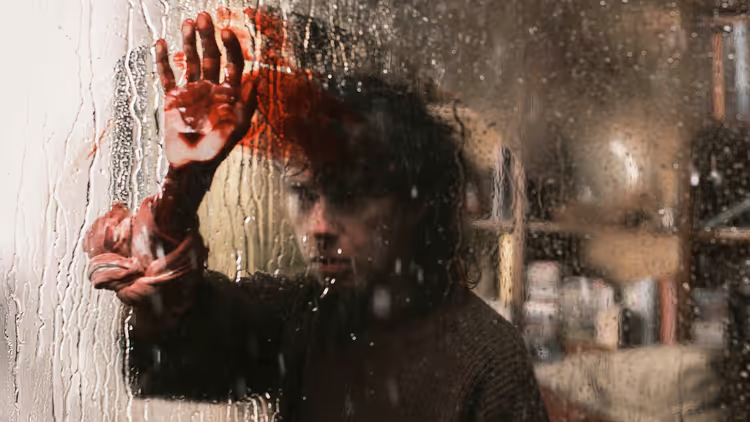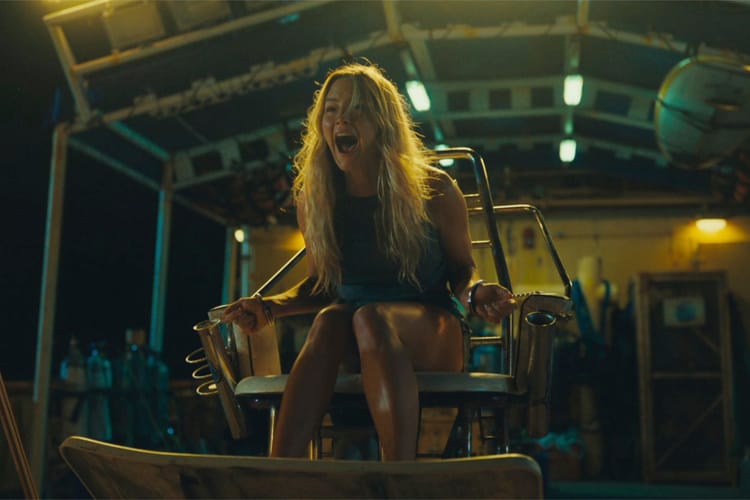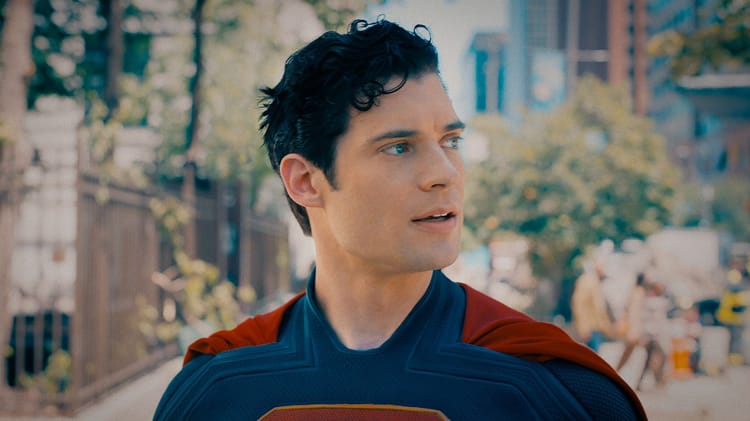Boy, Did I Hate Beau Is Afraid!
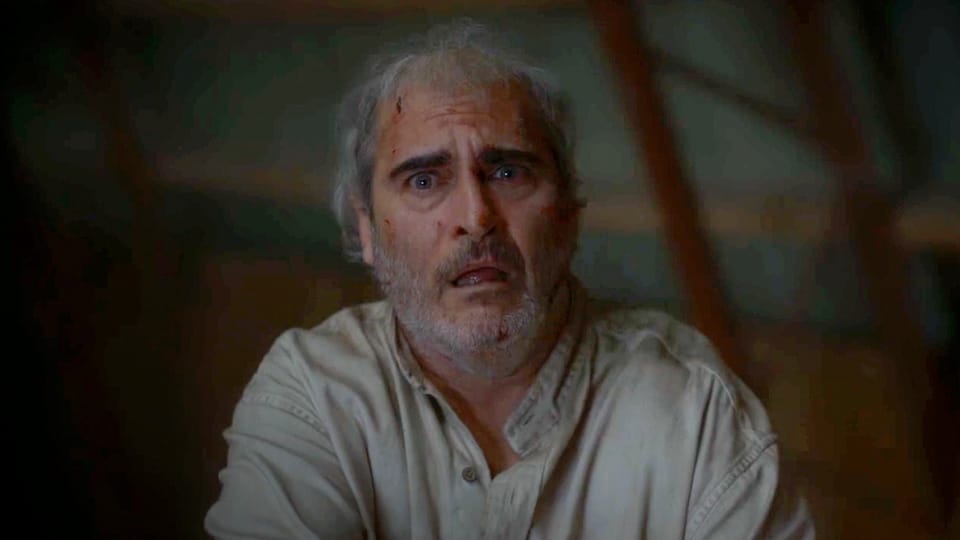
Trying to get through the Criterion Collection as a video store clerk in Philly fifteen years ago, I discovered that I hate watching lesser films by visionary directors. Luis Buñuel’s The Discreet Charm Of The Bourgeiose truly knocked me out, revealing it was possible to make a film both dreamlike and engaging, pointed and playful, blessed with internal logic and refusing to share it. But where that film understood both the humanity and the absurdity of its privileged partygoers, Buñuel’s final film, That Obscure Object Of Desire showed a lack of dimension to the director's romantic conceits, failing to make the desperate pathology of the hornball lead worthy of our attention, let alone poignant. And the man’s previous film, Phantom Of Liberty took so long to say so little, that I had time to realize this trailblazer of cinematic irreverence was, in essence, making a Zucker Bros movie at half-speed, nobody willing to critique the work because this was Luis Buñuel. People were just glad to watch him do his thing.
Ari Aster likely not only shares that Criterion-type appreciation for all of an auteur’s works, but knows his own movies will merit the treatment. Why else would he want three times the budget he had on Hereditary, a blood-chilling ensemble piece about a family’s trauma both generational and situational, to make Beau Is Afraid, a shaggy-dog comedy about one man’s Oedipal agony? And why would he need an extra hour of screen time? With Beau, Aster has pulled off the modern American auteurist’s wildest fantasy: a grand, self-indulgent folly that other devotees of auteurist cinema will be amazed you got made. Proof that you’ll chase a personal vision down a rabbit hole, with no regard for the mainstream audience or the financiers your work seduced to get to this place.
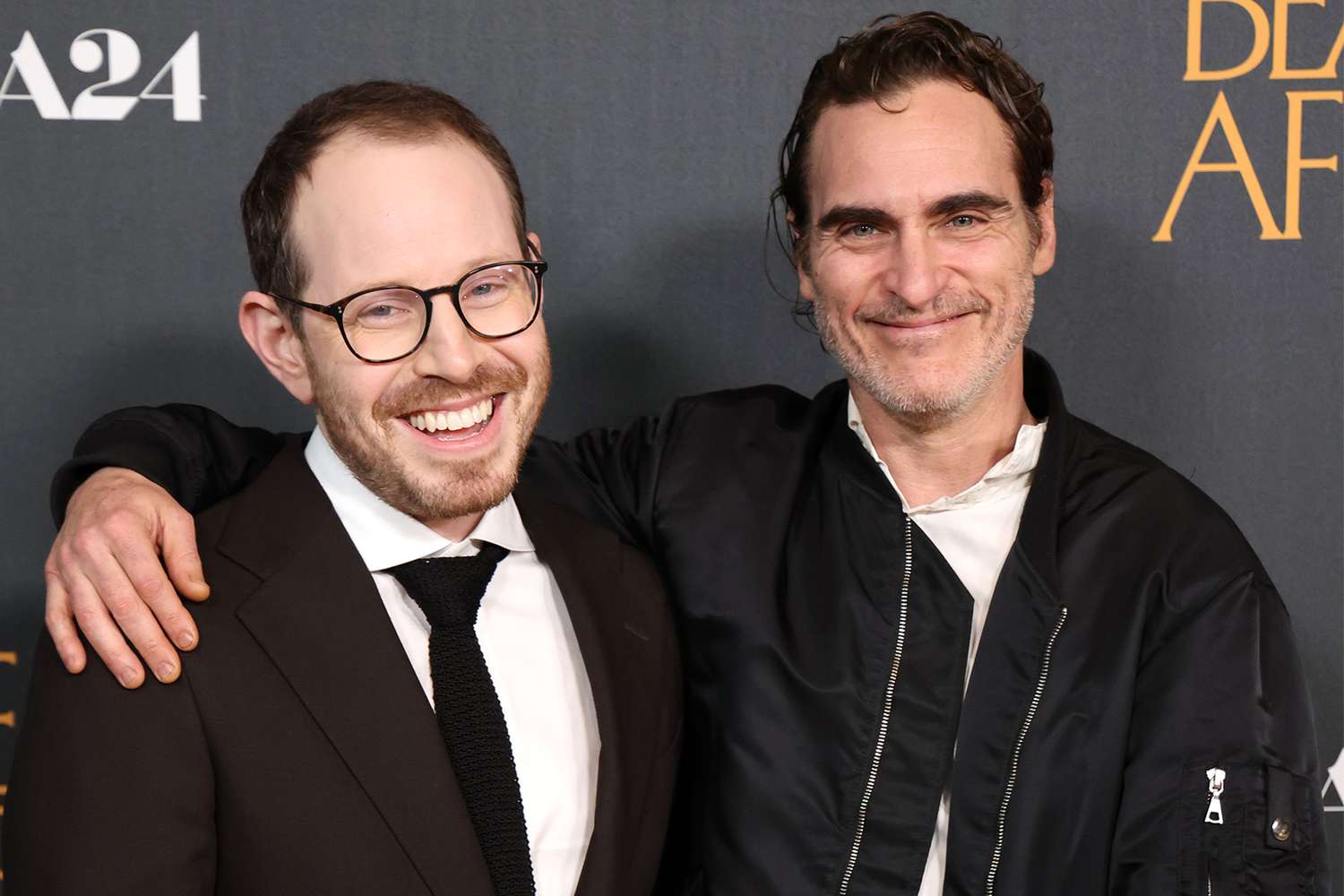
And there's the tragedy of self-awareness: believing your options are either grand folly or modest success. Aster stunned critics and audiences right out of the gate with his deft camera work, his confidence with powerhouse actors and his ability to mix metaphor and jump scares. While the craft was transparent, it took a while to realize that part of my love for Hereditary and Midsommar was how they respectively sublimated Aster’s guilt as a son and an ex-boyfriend by acknowledging the agency and anguish of those who weren’t his on-screen surrogates. The former surprised people by centering on the son in its finale, but there was a generational logic to it, with no debate that Toni Collette’s mother-in-meltdown was still the lead. The latter film had the boyfriend burnt alive for his crimes, but always centered on plight of his innocent ex. What made these movies truly special in my mind was their post-feminist nature. Not "post-feminism" suggesting that feminism is over, but meaning these male-directed films were directly influenced by an awareness and respect for female interiority. These films came from a place of male guilt, but understood and appreciated that there's a world beyond it. This was something new for Criterion and horror.
I now have to assume these triumphs weren’t cathartic enough for Aster. How else to explain his camera’s ability to linger on Joaquin Phoenix’s face in Beau Is Afraid, as the titular character stares impotently upon a surreal landscape of chaos and people who have no real respect or empathy for him? (To be fair, almost every auteur loves to watch Phoenix squirm.) How else to explain why those around Beau are uniformly shrill cartoons undeserving of respect or empathy themselves? Why does the journey of this broken shell of a man, seemingly devoid of any qualities other than politeness and shame, fascinate Aster so much? It’s not that there isn’t comedy to a nice moron going on a road trip to prove himself and find his dream girl, but the Farrelly Brothers would pack a lot more jokes in their already indulgent 120 minutes than Aster does in 180.
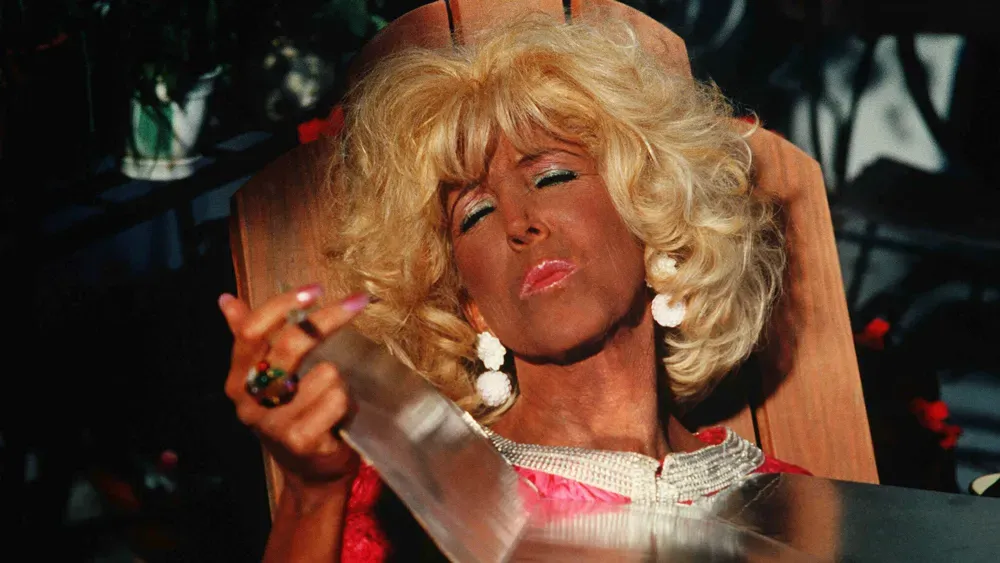
Aster isn’t making a Farrelly movie here, anyway. He’s making a Buñuel movie. Or maybe a Todd Solondz movie. Solondz has lots of films about losers surrounded by the casually cruel. Or maybe he’s making a Charlie Kaufman movie. Kaufman’s Synedoche, New York was also about the surreal, threatening landscape around a man who can’t figure out his place in it, and Beau Is Afraid also has an extended play within a play sequence that twists around itself seemingly just to prove it can. Ironically, Kaufman’s latest film, I’m Thinking Of Ending Things, was his smartest, funniest (and scariest!) movie yet, thanks largely to a second character with multiple dimensions (though it did eventually devolve into a self-reflective theater-piece about a sadsack). I’ve wondered if Aster’s films inspired the surreal tricks Kaufman played with in Things, which would explain Kaufman casting Toni Collette as another intense mom. Ironically, Things might have predicted how Aster’s career would turn out: recognize the pain of your family, acknowledge your lovers have their own lives and neuroses, and then crawl up your own ass anyway.
Reading positive reviews of Beau Is Afraid, I get the sense a lot of people were tickled, if not moved, to see a director go balls-out like this, willing to accept the stretches of boredom to experience a bit of uncommercial novelty. This would be a lot easier for me to take if I found the film's subject even remotely novel. But as the film drags on, the delirium of the initial set pieces mocking urban and suburban life (as facile as they were) slipping away, it becomes clear Afraid has only one thing on its mind: mother. The life-giving, all-powerful, suffocating, manipulative, financially successful single mother responsible for all you are and all you’ll ever be. You know, her!
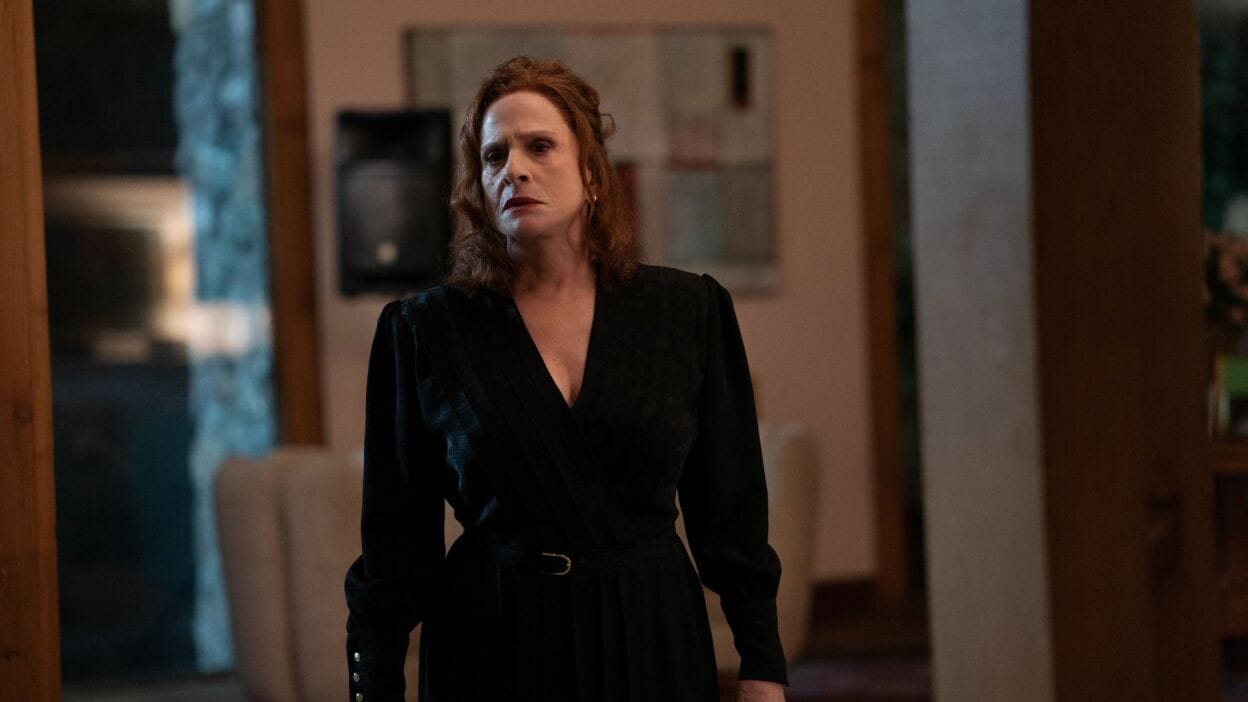
Where the earlier wackadoos bedraggling Beau were figures of pure, oft-nonsensical burlesque, Aster replaces the mother’s early ambiguity in flashbacks with clear, specific crimes both horrifyingly plausible (lies about sex and parentage) and surreal (faking her own death, planning the death of others, recording Beau’s therapy sessions, hiding a penis monster in the attic, etc.). Patti LuPone has received accolades for her portrayal of this all-time Mommie Dearest, and while the Broadway legend certainly has theatrical presence, the performance is similar enough to Toni Collette’s work in Hereditary that I wouldn’t be surprised if it was intentionally parodistic - at least on Aster’s part (both films also climax with sons learning Mom’s big secret is up a wooden, pull-down ladder).
As befitting the burden of self-awareness, there’s moments of sudden, cavalier violence that suggest an ironic distance from Beau’s misery. It’s possible Beau managing to hitch-hike drama-free to Mom’s after two hours of watching him barely manage to cross the street without crucifixion is meant as a joke about the irrelevance of the journey itself. A knowing ironic contrivance. When characters are dispatched at lightning speed, Aster might be saying he knows deep-down they don’t merit laborious mourning despite their intense pain. Florence Pugh’s heartbroken Dani got lots of slo-mo at the end of Midsommar, Phoenix’s bumbling, clueless Beau gets 1.5x >>. With the exception of the idealized Parker Posey - again with the Criterion cliches! - who’s basically stripped and objectified to death for her troubles, the women in Beau Is Afraid are almost entirely psychotic terrors. But the men are schmucks who live to be exploited. So you can’t be sure if Aster’s gone redpill, or is just playing with misogynist fantasy.

Pondering that might be your idea of a fun three hours, and I know Twitter is full of cineastes who live to see a left turn where they didn’t expect it, taking indulgence for a sign of life (read Pauline Kael’s essay “Circles And Squares” in I Lost It At The Movies if you want to learn how long smart guys have been convincing themselves that factory fuck-ups are the essence of cinema). But I’m sincerely bummed to see Aster try to have his art cake and shit on it, too. It’s arguably brave for a director to step away from a genre they’ve made such a mark on (A24 wasn’t shorthand for horror before he showed up), and I can’t blame him for avoiding the po-faced teary drama usually associated with such bravery. But instead of going for comedy or going for art, and risking actual embarrassment, he’s split the difference, in ways that are only fresh if you believe them eternally fresh due to pedigree. That not enough people make films that require referencing Solondz, Kaufman and especially Buñuel. But if you can fathom enjoying an Aster film more than a Buñuel, or - like me - know you have, this ain’t it.
